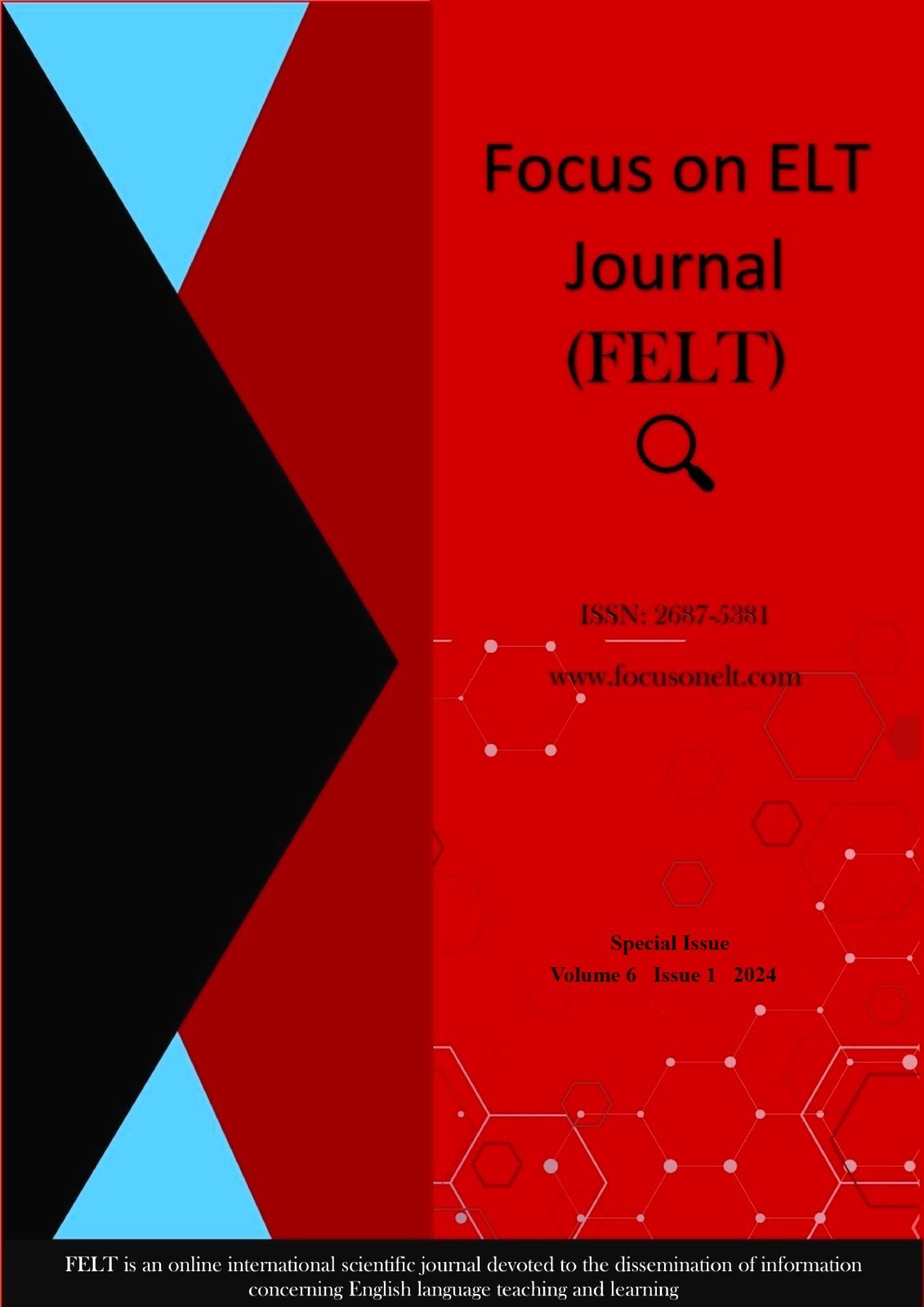Teaching and learning specialized terminology with a mobile glossary in higher education
Main Article Content
Abstract
The intersection between technology and pedagogy is explored in a higher education setting with particular reference to language teaching and learning in the digital age. Students from different linguistic and cultural backgrounds in South Africa find themselves in a higher education sector which is monolingually orientated, and language is consequently experienced as a barrier to access and success. Learning specialized terminology has an important role to play in the success of undergraduate students at university. The focus of the article is to explore the teaching of specialized terminology with the support of a mobile glossary. The article first explores which process will most effectively embed a glossary in a teaching and learning framework. Secondly, it describes a programme in which specialized terminology could be taught and learned with a multilingual glossary. Principal results include a formalized teaching and learning framework for integrating a glossary into teaching programmes and a description of processes and participants. The conclusion is that a multilingual glossary should form part of the academic repertoire of a university community.
Metrics
Article Details

This work is licensed under a Creative Commons Attribution-NonCommercial-NoDerivatives 4.0 International License.
References
Alberts, M. (2010). National Language and Terminology Policies - A South African Perspective. Lexikos, 20, 599-620. https://doi.org/10.5788/20-0-158
Alberts, M. (2017). Terminology and terminography principles and practice. A South African perspective. McGillivray Linnegar Associates.
America, C. A., & Van der Merwe, M. F. (2017). Die rol van ’n veeltalige selfoonwoordeboek in die ontwikkeling van konsepgeletterdheid vir onderwysstudente in die ekonomiese en bestuurswetenskappe. LitNet Academic, 14(1), 213-234.
Anker, J. (2020). Vakgerigte geletterdheid en leesbegripstrategie-ontwikkeling. LitNet Academic, 17(3), 787-814.
Augustyn, P. (2013). No dictionaries in the classroom: translation equivalents and vocabulary acquisition. International Journal of Lexicography, 26(3), 362-85.
Bae, S. (2011). Teacher-Training in Dictionary Use: Voices from Korean Teachers of English. In: Akasu, Kaoru/Uchida, Satoru (Hgg.). Lexicography: Theoretical and Practical Perspectives. Proceedings of the Seventh ASIALEX Biennal International Conference 2011. Kyoto. The Asian Association for Lexicography, 46-55.
Brooman-Jones, S., Cunningham, C., Hanna, L., & Wilson, D. N. (2011). Embedding academic literacy – A case study in Business at UTS: Insearch. Journal of Academic Language & Learning, 5(2), 1–13. https://journal.aall.org.au/index.php/jall/article/view/133
Cambridge English Dictionary. (2021). Terminology. Retrieved from
https://dictionary.cambridge.org/dictionary/english/terminology
Campoy-Cubillo, M. C. (2015). Assessing dictionary skills. Lexicography Asialex 2, 119-141.
https://doi.org/10.1007/s40607-015-0019-2
De Wachter, L., Heeren, J., Marx, S., & Huyghe, S. (2013). Taal: noodzakelijke, maar niet enige voorwaarde tot studiesucces Correlatie tussen resultaten van een taalvaardigheidstoets en slaagcijfers bij eerstejaarsstudenten aan de KU Leuven. Levende Talen Tijdschrift 14 (4), 28-36.
Department of Higher Education and Training. (2015). The Minimum Requirements for Teacher Education Qualifications.
Department of Higher Education and Training. (2020). The Language Policy Framework for Higher Education Institutions.
Hibbert, L., & Van der Walt, C. (2014). Multilingual Universities in South Africa: Reflecting Society in Higher Education. Multilingual Matters.
Holdt, S. A., Kosem, I., & Gantar, P. (2016). Dictionary User Typology: The Slovenian Case. In: Proceedings of 17th EURALEX Conference. Tbilisi.
Hutchison, A., & Woodward, L. (2014). A planning cycle for integrating digital technology into literacy. The Reading Teacher, 67(6), 455–64.
Javornik Čubrić, M. (2024). Exploring Legal English teaching at the Faculty of Law, University of Zagreb: A comprehensive analysis. Focus on ELT Journal, 6(1), 135-145. https://doi.org/10.14744/felt.6.1.10
Joubert, I. (ed). (2016). Geletterdheid in die Grondslagfase. Van Schaik Publishers.
Jin, N. Y., & Ying, L.J. (2013). Development of the Engineering Technology Word List for Vocational Schools in Malaysia. International Education Research 1(1), 43-49. https://doi.org/10.12375/ier.v1i1pv3
Kern, R. (2006). Perspectives on technology in learning and teaching languages. TESOL Quarterly, 40 (1), 183-210. https://doi.org/10.2307/40264516
Khani, R., & Tazik, K. (2013). Towards the Development of an Academic Word List for Applied Linguistics Research Articles. RELC Journal 44(2), 209-232. https://doi.org/10.1177/0033688213488432
Kukulska-Hulme, A., & Traxler, J. (eds). (2005). Mobile Learning: A handbook for educators and trainers. Routledge.
Mashiyi, N. (2014). Tertiary educators’ reflections on language practices that enhance student learning and promote multilingualism. In Liezel Hibbert and Christa Van der Walt (Eds), 2014. Multilingual Universities in South Africa: Reflecting Society in Higher Education. Multilingual Matters/Channel View Publications.
Network 24. Sign language officially becomes SA’s 12th official language.19 July 2023.
Priestley, M., & Philippou, S. (2018). Curriculum making as social practice: complex webs of enactment. The Curriculum Journal, 29, 151-158.
Punch, K. F.. & Oancea, A. (2014). Introduction to research methods in education. Sage.
Stellenbosch University. (2021). Language Policy of Stellenbosch University. http://www.sun.ac.za>english
Tarp, S. (2008). Lexicography in the borderland between knowledge and non-knowledge: General lexicographical theory with particular focus on learner’s lexicography. De Gruyter.
Tarp, S. (2009). Reflections on lexicographical user research. Lexikos, 19, 275-296. doi:10.5788/19—440
Uccelli, P., Galloway, E. P., Barr, C.D., Meneses, A., & Dobbs, C.C. (2015). Beyond vocabulary: Exploring cross-disciplinary academic language proficiency and its association with reading comprehension. ILA: Reading Research Quarterly, 50(3), 337−56. https://doi.org/10.1002/rrq.104
Van der Merwe, M. F. (2009). Die opvoedkundige waarde van woordeboeke: Voorstelle vir woordeboekonderrig in Suid-Afrika, Lexikos, 19, 297-313. https://doi.org/10.5788/19-0441
Van der Merwe, M. F. (2016). Integrating a LSP Dictionary via Mobile Assisted Language Learning in a Multilingual University Setting. Proceedings of the XVII Euralex International Congress, 2016, 212-222. ISBN: 978-9941-13-542-2.
Van der Merwe, M. F. (2017). Dictionaries a wealth of knowledge? Perceptions of multilingual Education students on mobile LSP dictionaries. Journal for Language Teaching/Tydskrif vir Taalonderrig, 51(2), 59-83. https://doi.org/10.4314/jflt.v5123
Van der Merwe, M. F., & Horn, K. (2018). Mobile Concepts in a Mobile Environment: Historical Terms in LSP Lexicography. Yesterday & Today, 19, 17-34. https://doi.org/10.17159/2223-0386/2018/n18a2
Vygotsky, L.S. (1978). Mind in society: The development of higher psychological processes. Harvard University Press.
Webb, S., & Nation, P. (2017). How vocabulary is learned. Oxford Univesity Press.

